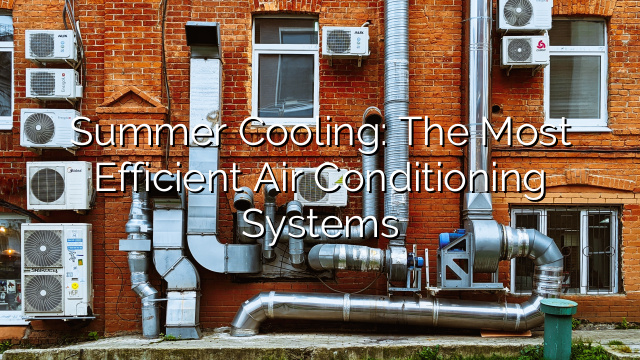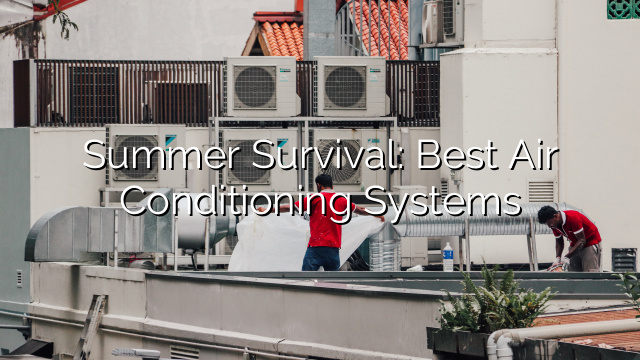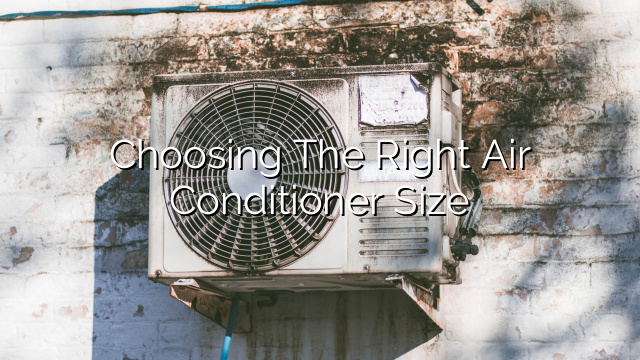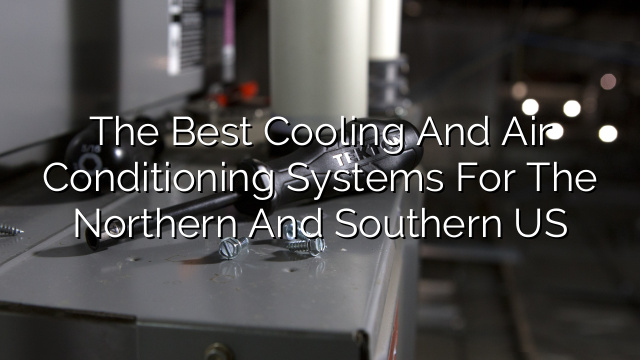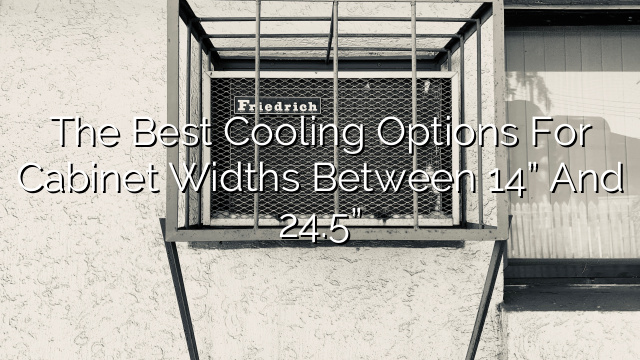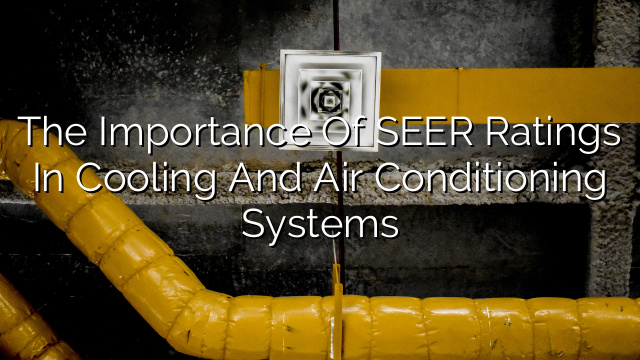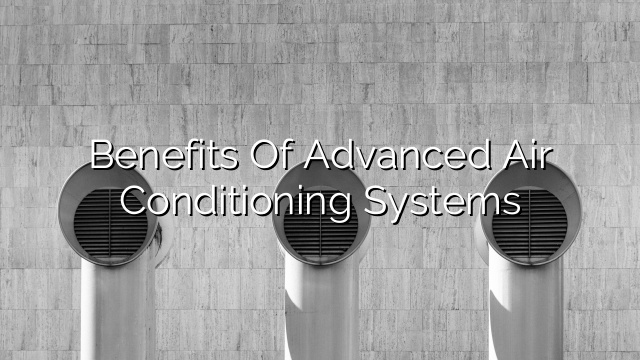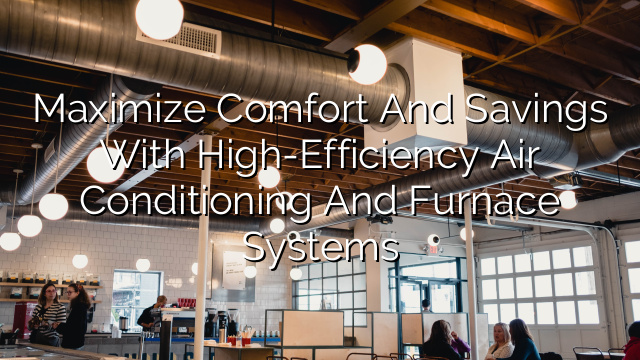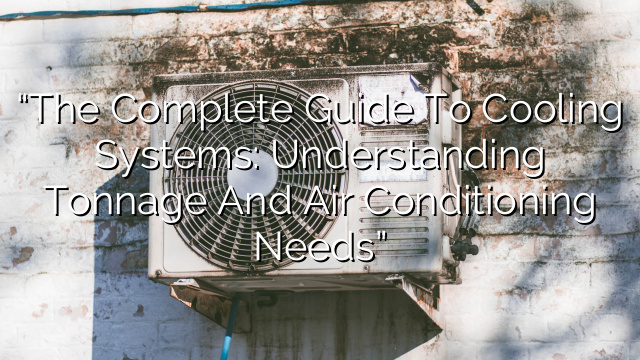Introduction
As summer temperatures start to soar, finding ways to stay cool becomes a top priority. Air conditioning systems are a popular choice for many households and offices, providing efficient cooling and improved indoor air quality. However, not all air conditioning systems are created equal. In this article, we will explore the most efficient air conditioning systems for summer cooling.
1. Central Air Conditioning Systems
Central air conditioning systems are a popular choice for cooling entire homes or multiple rooms. They consist of an outdoor unit that houses the compressor and condenser, and an indoor unit that contains the evaporator coil and blower. This type of system uses a network of ducts to distribute cooled air throughout the space.
Advantages:
- Efficient cooling for large spaces
- Cooling is evenly distributed
- Improves indoor air quality with built-in air filters
Disadvantages:
- Requires ductwork installation, which can be costly
- Potential for energy loss through duct leaks
2. Ductless Mini Split Systems
Ductless mini split systems are a great alternative to central air conditioning systems, especially for homes that do not have existing ductwork. They consist of an outdoor unit and one or more indoor units, allowing for zoning and individual temperature control in each room.
Advantages:
- No ductwork required, making it a cost-effective option for homes without existing ducts
- Flexible installation options, with the ability to add indoor units as needed
- Improved energy efficiency, as there is no energy loss through ducts
- Individual temperature control in each room
Disadvantages:
- May require multiple indoor units, which can be more expensive upfront
- May not be suitable for cooling multiple rooms simultaneously
3. Window Air Conditioning Units
Window air conditioning units are a popular choice for cooling individual rooms or small spaces. These units are installed in a window or a specially designed opening in a wall, and they are self-contained, with all the components housed in a single unit.
Advantages:
- Cost-effective option for cooling single rooms
- Easy installation
Disadvantages:
- May obstruct the view from the window
- May not provide sufficient cooling for larger rooms or multiple rooms
- Can be noisy
4. Portable Air Conditioning Units
Portable air conditioning units are versatile and can be moved from room to room as needed. They typically consist of a single unit with an exhaust hose that needs to be vented through a window or a specially designed opening. These units are a popular choice for cooling small spaces or for renters who cannot install permanent air conditioning systems.
Advantages:
- Portability
- No installation required
Disadvantages:
- May not provide sufficient cooling for larger rooms
- Requires a window or opening for venting
- Can be noisy
5. Evaporative Coolers
Evaporative coolers, also known as swamp coolers, are an energy-efficient option for cooling in dry climates. These systems use the natural process of evaporation to cool the air, and they work best in areas with low humidity.
Advantages:
- Lower energy consumption compared to traditional air conditioning systems
- Can be used outdoors
Disadvantages:
- Not suitable for areas with high humidity
- May require regular maintenance, such as cleaning and replacing pads
Conclusion
When it comes to summer cooling, choosing the right air conditioning system is crucial. Central air conditioning systems

